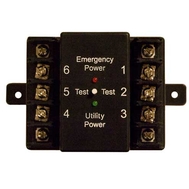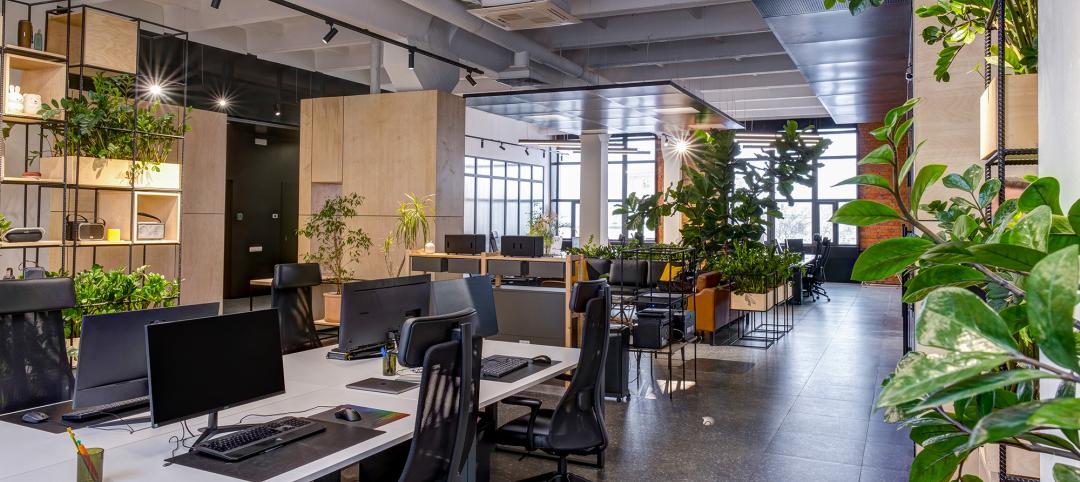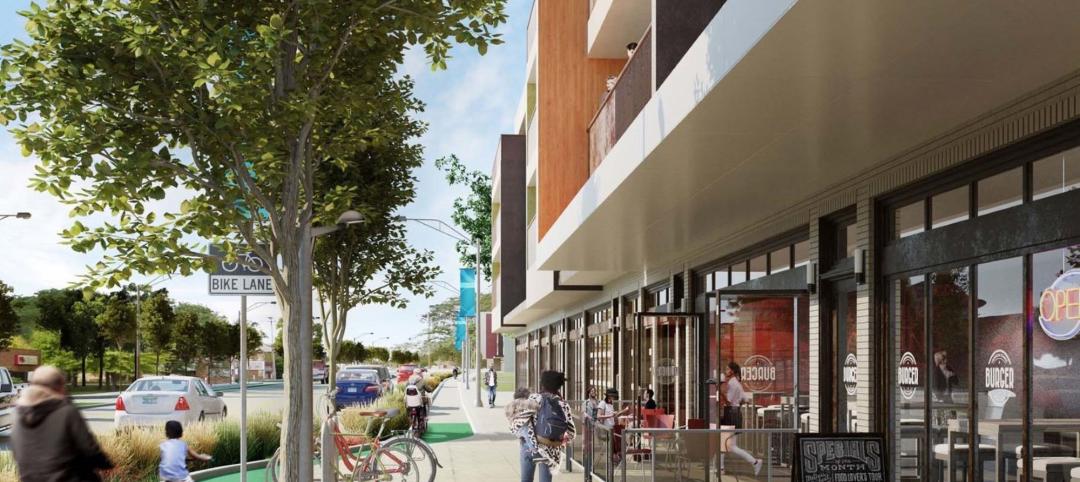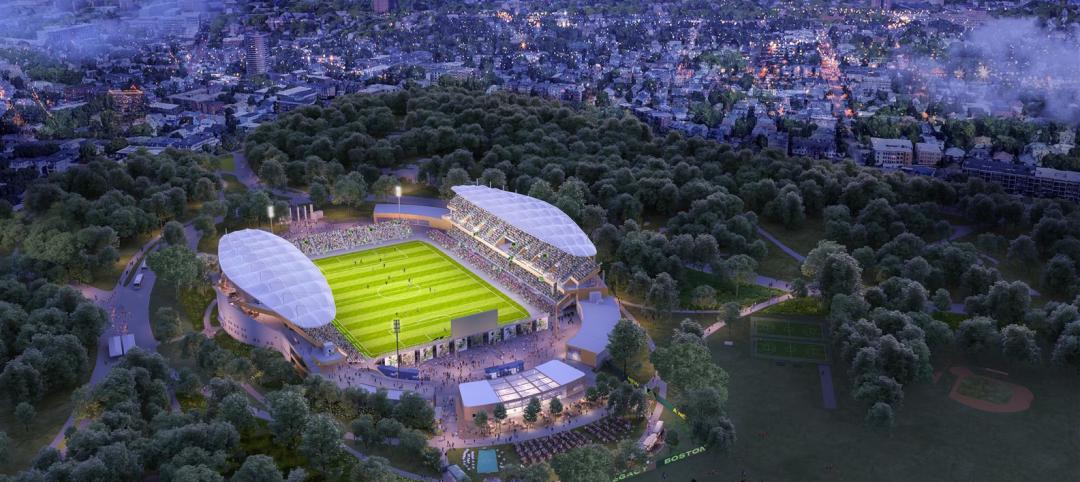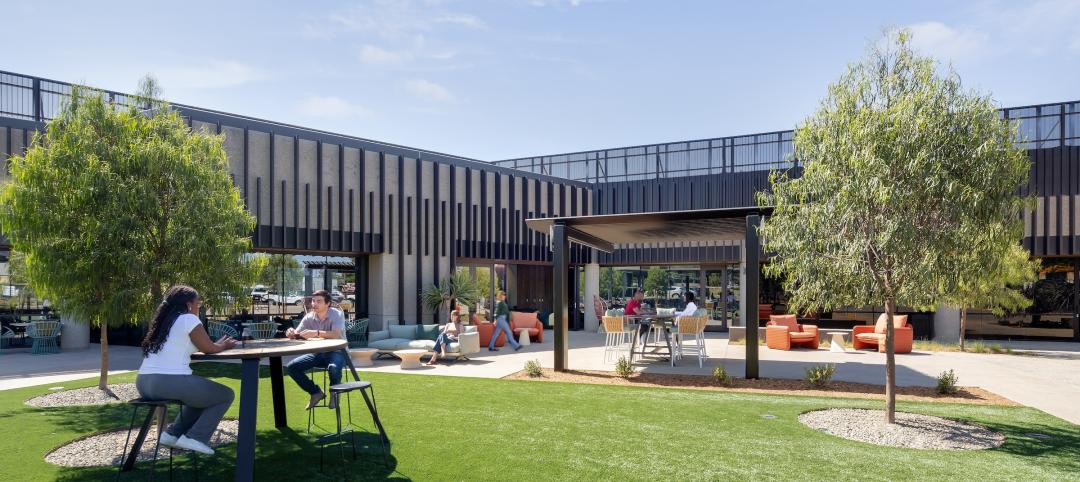Schneider Electric has announced the availability of three new emergency lighting control solutions: the UL924 Emergency Lighting Control Relay, the UL924 Emergency Lighting Control Relay with Panel Mount, and the UL924 Emergency Lighting Dimmer Control.
These emergency control devices enable building owners, managers, contractors and builders to implement the necessary emergency lighting in their facilities to meet compliance standards while saving energy, time and resources.
Schneider Electric’s new UL924 Emergency Lighting Control products offer a versatile and energy-efficient solution that enables standard, existing fixtures to also be used for emergency lighting applications, saving the costs associated with the installation of additional emergency lighting fixtures. Also, the emergency lighting control devices require fewer maintenance costs and testing requirements than backup batteries because they comply with the UL924 standard, reducing installation time. Finally, the emergency lighting control devices save both energy and money by providing emergency backup power only when needed.
The three new models are designed to meet the different needs and requirements found within many of today’s buildings:
- UL 924 Emergency Lighting Control Relay (ERC): A low-profile device that can be mounted in the ceiling, the ERC provides emergency lighting to switched loads when a power drop is detected and automatically transfers lighting back to normal utility power once restored. An automatic diagnostic feature replaces the need for an accessible test switch.
- UL924 Emergency Lighting Control Relay with Panel Mount (EPMC): Equipped with the detecting and switching features of the ERC, this relay is a universally compatible device available in both 120V and 277V models. The EPMC includes a test switch that offers the convenience of testing an emergency lighting system with a simple push of a button. The solution is also equipped with a green LED to confirm wiring connections and power availability.
- UL924 Emergency Lighting Dimmer Control (EDC): Specifically designed with dimmable lights in mind, the EDC senses a voltage drop from a regular lighting circuit and automatically turns lights on to full brightness after transferring the load to the emergency source. The product is also available in both 120V and 277V models and is equipped with a simple test switch and a green LED to confirm wiring connections and power availability.
Related Stories
MFPRO+ New Projects | Oct 30, 2024
BIG’s One High Line finally reaches completion in New York City’s West Chelsea neighborhood
One High Line, a luxury residential project spanning a full city block in New York’s West Chelsea neighborhood, reached completion this summer following years of delays related to investor lawsuits.
Urban Planning | Oct 30, 2024
Bridging the gap: How early architect involvement can revolutionize a city’s capital improvement plans
Capital Improvement Plans (CIPs) typically span three to five years and outline future city projects and their costs. While they set the stage, the design and construction of these projects often extend beyond the CIP window, leading to a disconnect between the initial budget and evolving project scope. This can result in financial shortfalls, forcing cities to cut back on critical project features.
MFPRO+ New Projects | Oct 30, 2024
Luxury waterfront tower in Brooklyn features East River and Manhattan skyline views
Leasing recently began for The Dupont, a 41-story luxury rental property along the Brooklyn, N.Y., waterfront. Located within the 22-acre Greenpoint Landing, where it overlooks the newly constructed Newtown Barge Park, the high-rise features East River and Manhattan skyline views along with 20,000 sf of indoor and outdoor communal space.
Libraries | Oct 30, 2024
Reasons to reinvent the Midcentury academic library
DLR Group's Interior Design Leader Gretchen Holy, Assoc. IIDA, shares the idea that a designer's responsibility to embrace a library’s history, respect its past, and create an environment that will serve student populations for the next 100 years.
Resiliency | Oct 29, 2024
Climate change degrades buildings slowly but steadily
While natural disasters such as hurricanes and wildfires can destroy buildings in minutes, other factors exacerbated by climate change degrade buildings more slowly but still cause costly damage.
Office Buildings | Oct 29, 2024
Editorial call for Office Building project case studies
BD+C editors are looking to feature a roundup of office building projects for 2024, including office-to-residential conversions. Deadline for submission: December 6, 2024.
Healthcare Facilities | Oct 28, 2024
New surgical tower is largest addition to UNC Health campus in Chapel Hill
Construction on UNC Health’s North Carolina Surgical Hospital, the largest addition to the Chapel Hill campus since it was built in 1952, was recently completed. The seven-story, 375,000-sf structure houses 26 operating rooms, four of which are hybrid size to accommodate additional equipment and technology for newly developed procedures.
Multifamily Housing | Oct 28, 2024
A case for mid-rise: How multifamily housing can reshape our cities
Often referred to as “five-over-ones,” the mid-rise apartment type is typically comprised of five stories of apartments on top of a concrete “podium” of ground-floor retail. The main criticism of the “five-over-one” is that they are often too predictable.
Sports and Recreational Facilities | Oct 24, 2024
Stadium renovation plans unveiled for Boston’s National Women’s Soccer League
A city-owned 75-year-old stadium in Boston’s historic Franklin Park will be renovated for a new National Women’s Soccer League team. The park, designed by Fredrick Law Olmsted in the 1880s, is the home of White Stadium, which was built in 1949 and has since fallen into disrepair.
Laboratories | Oct 23, 2024
From sterile to stimulating: The rise of community-centric life sciences campuses
To distinguish their life sciences campuses, developers are partnering with architectural and design firms to reimagine life sciences facilities as vibrant, welcoming destinations. By emphasizing four key elements—wellness, collaboration, biophilic design, and community integration—they are setting their properties apart.


